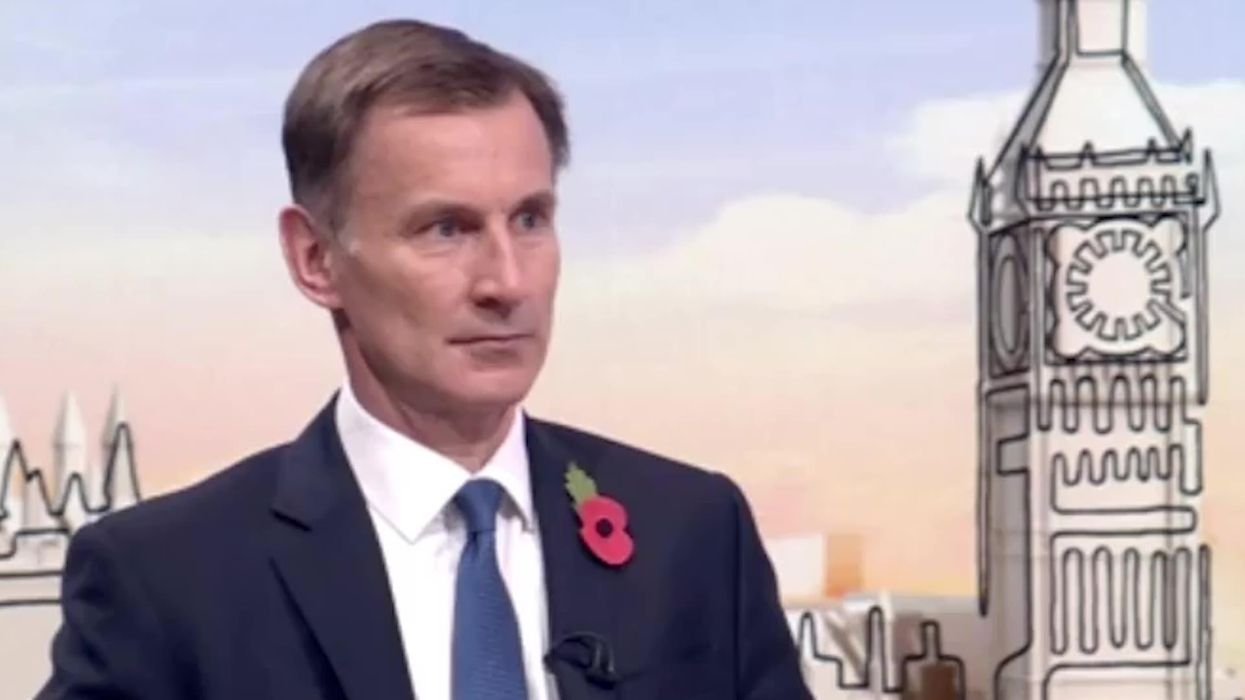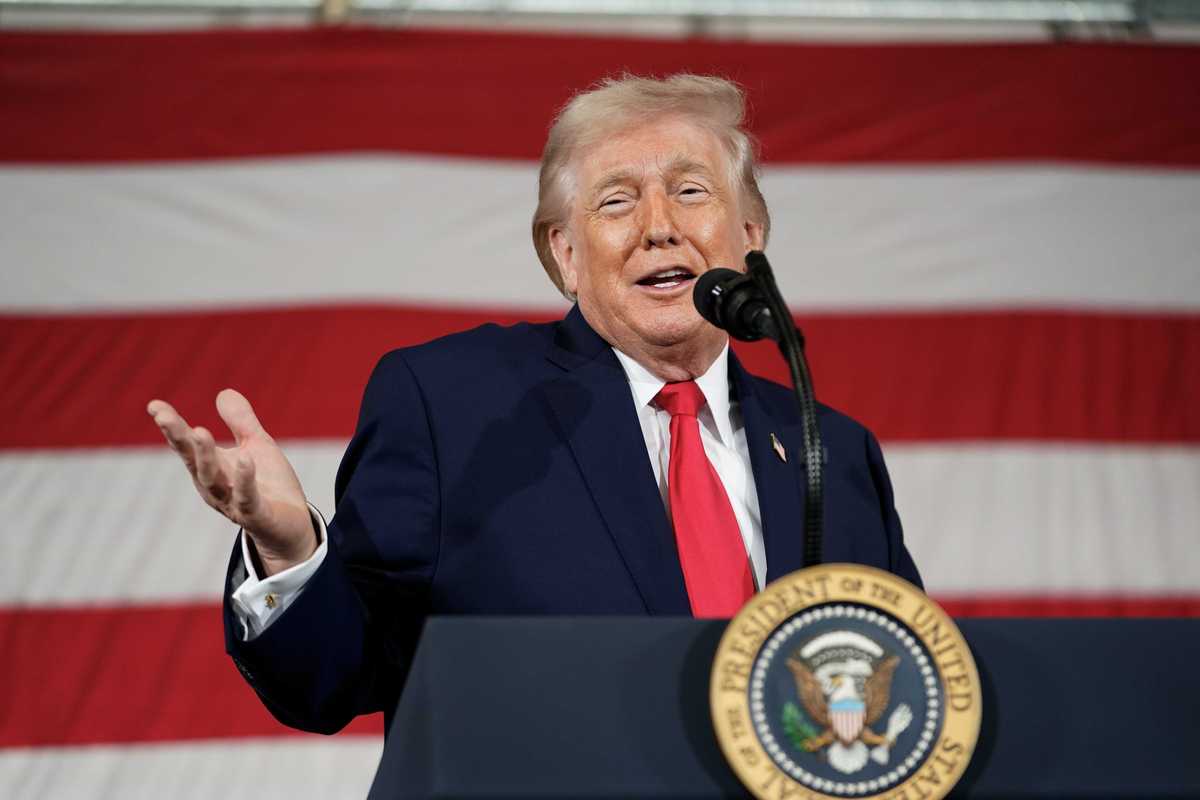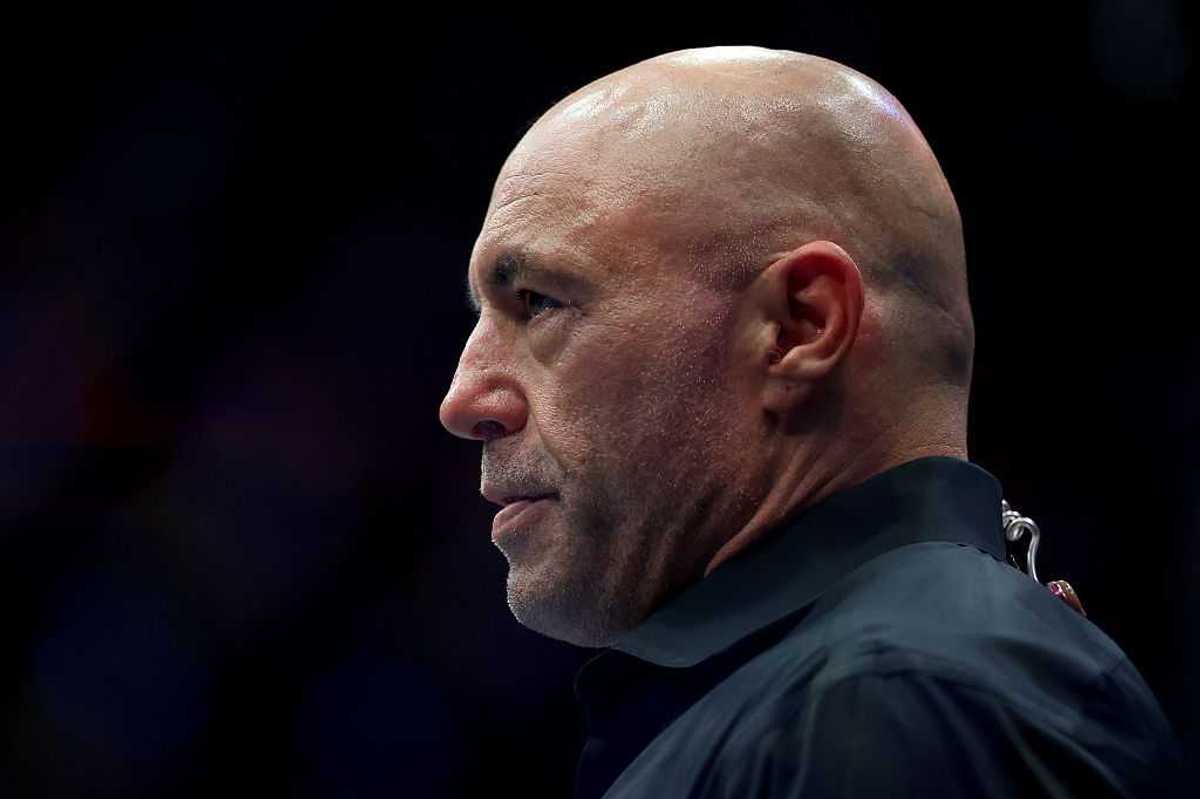Politics
Liam O'Dell
Nov 13, 2022
Jeremy Hunt recognises Brexit has imposed costs on UK economy
BBC
Ahead of delivering the autumn statement on Thursday, Chancellor Jeremy Hunt went on BBC’s Sunday with Laura Kuenssberg to say he doesn’t accept the premise that “Brexit will make us poorer” – even though financial experts are very much saying it will.
Appointed to government by ex-prime minister Liz Truss (after Kwasi Kwarteng’s mini-budget tanked the pound) and kept on by her successor Rishi Sunak, Mr Hunt faces a string of economic challenges as chancellor: a shrinking UK economy, fears of a recession and, of course, the rising cost of living.
During this week’s episode of the BBC’s flagship political programme, Ms Kuenssberg asked Mr Hunt: “Do you deny that Brexit has meant the economy has grown less slowly than it otherwise might have been?”
The chancellor replied: “What I don’t accept is the premise that Brexit will make it poorer. I think it has an opportunity…”
Ms Kuenssberg interjected to say the economy has made it “harder for businesses to trade with our nearest trading partner” because “barriers were introduced”.
“Now, I’m not saying it was the right thing, or the wrong thing - it’s what people decided – but as an economy, we made it harder for many businesses to trade, to do business. Do you deny that’s had a cost,” she asked.
Sign up to our free Indy100 weekly newsletter
Mr Hunt replied: “I don’t deny there’s costs to a decision like Brexit, but there are also opportunities – and you have to see it in the round.
“Within months of formally leaving the EU, we had a once-in-a-century pandemic, which has meant the process of outlining what the opportunities are, has taken longer.
“But I think we need to do that now, because we decided to go and we need to make it a success.”
Pressed by Ms Kuenssberg on whether he thought Brexit is part of why we’re behind other economies, Mr Hunt added that he didn’t think “that’s the biggest issue” and that there are “other factors in the labour market” at play.
Except, that isn’t exactly what economic and business experts have been saying about our decision to leave the European Union.
The Office for Budget Responsibility has said the new trade agreement between the UK and the EU will “reduce long-run productivity by 4 per cent” compared to if we stayed in the bloc, while the Economic and Social Research Institute estimated last month that Brexit “reduced trade by close to 20 per cent in both directions”.
Now that definitely sounds like some post-Brexit prosperity to us!
Have your say in our news democracy. Click the upvote icon at the top of the page to help raise this article through the indy100 rankings.
Top 100
The Conversation (0)














